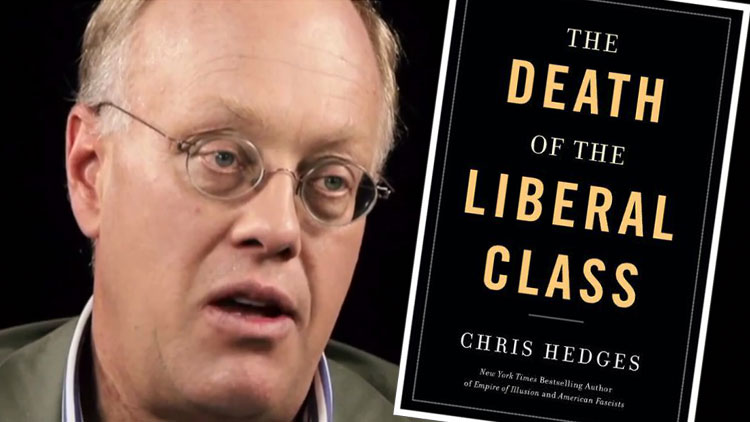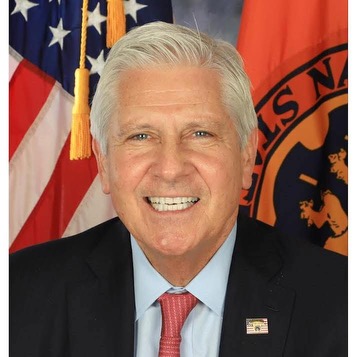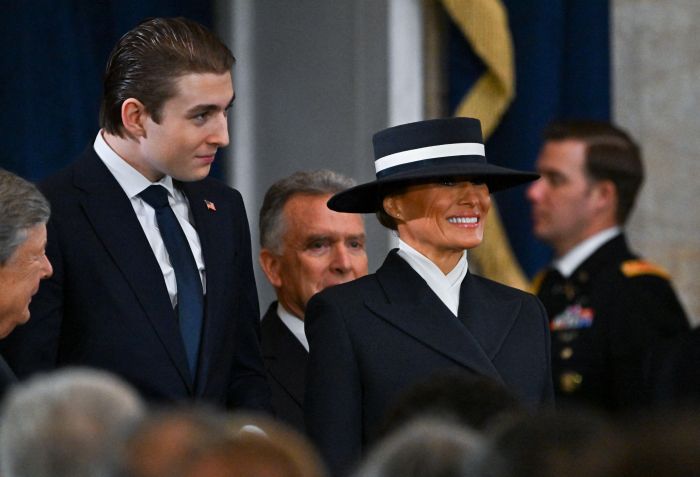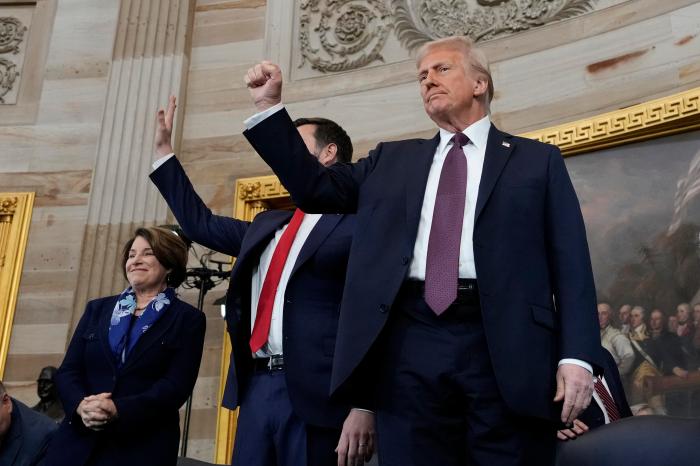The disease of the liberal class is the specious, supposedly ‘professional’ insistence on objectivity. Before the rise of commercial newspapers, journals of opinion existed to influence public sentiment via arguments–not to stultify readers with lists of facts. Our oldest universities were formed to train ministers and inculcate into students the primacy of the common good. Labor unions had a vision of an egalitarian society that understood the inevitability of class struggle. Artists from Mark Twain to John Steinbeck sought not only to explain social, political, economic, and cultural reality, but also to use this understanding to fight for a social order based on justice. Movements that defied the power elite often started and sustained these liberal institutions, which were created as instruments of reform. One by one, these institutions succumbed to the temptation of money, the jargon of patriotism, belief in the need for permanent war, fear of internal and external enemies, and distrust of radicals, who had once kept the liberal class honest. And when it was over, the liberal class had nothing left to say.”
− from “Death of the Liberal Class” by Chris Hedges
The above is a cynical sentiment, if ever there was one, because it speaks to the failure of the liberal establishment in the past tense. In Death of the Liberal Class, Hedges reserves his venom for those who should know better: the liberal elite who, by design, are supposed to act as a buffer to the establishment; what Thoreau called “counter friction to stop the machine.” Instead, as a nation, we have submitted to the masters of the corporate state by handing them our thoughts. Even those who retain them–the liberal class of clergy, scholars and journalists Hedges speaks of–have either tempered or fully vanquished these thoughts for fear of systematic retribution, which is to say, loss of freedoms and livelihoods. Speaking out against corporate America or the government is to risk losing everything.
The indoctrination of an idea or of a complete ideology into the people of a nation happens in one of two ways. The first is by force. Noam Chomsky describes this authoritarian methodology of “consent without consent” as prescribed by the 19th century American sociologist Franklin Henry Giddings, who reasoned that an imperialist agenda–whereby a conquered nation is forced to adopt the ideological systems of the conqueror–could be a noble pursuit. According to Giddings, this validity of consent without consent is rationalized afterward when the conquered people “see and admit that the disputed relation was for the highest interest.” This was the imperialist rationale used in Southeast Asia and Latin America by the United States and in India by Britain. It’s nothing new.
But the world no longer buys in to American consent without consent. Our missions abroad have been too transparently imperialistic in the eyes of the world, which is why we are so routinely, yet cautiously, chastised by other nations. Selling wars that were waged abroad in the 20th century relied on this form of posthumous “consent” from people in nations we deigned to conquer. Obtaining consent at home proved far more difficult as Americans began to understand the specious, unconscionable motives behind our “democratic” efforts in Vietnam, in particular. But the rise of anti-war protests had less to do with American sentiment toward the people of Vietnam and more to do with conscription. The era of genuine protest ended with the discontinuation of the draft in 1973.
Undaunted, our belligerence has overcome the loss of faith entrusted in us by other nations after World War II and spurred America toward the “go it alone” philosophy adopted over the past few decades. This was best exhibited by George W. Bush’s “you’re either with us or against us” attitude in the months leading to our war in Iraq. Despite having the world’s sympathy after 9/11, America bullied other nations into a tepid alliance in support of our hostilities against Iraq–a country that simply had nothing to do with the terrorist attacks of 9/11, and was ruled by a regime more repressive of Islamic militants than any Western nation in the alliance.
Yet bullying the world into complicity was one thing. Gaining support among Americans was a different matter altogether. Americans were not going to be forcibly cajoled into supporting an invasion in Iraq. Thus began an explosion of anti-Islam and pro-war propaganda within the United States concealed in the language of jingoism. “When the resources of violence are limited,” writes Chomsky, “the consent of the governed must be obtained by the devices called ‘manufacture of consent.’”
Corporate media fell in line almost immediately with the government narrative after 9/11. Spreading democracy became the euphemism for sacking regimes. Caskets containing the bodies of U.S. soldiers were shielded from public view. The field of battle became known as “theater.” Despite sending our troops into harm’s way for undemocratic purposes, the phrase “support our troops” became ubiquitous and was spoken without irony. Laws that stripped Americans of civil liberties and privacy were passed in the name of “Homeland Security,” which itself has become more than a cottage industry. To wit, the Homeland Security Research Corporation, a D.C.-based research firm, estimates that just the U.S. market alone will “grow from $74.5 billion in 2012 to $107.3 billion in 2020.”
Journalists who spoke out against the war, such as Chris Hedges, were smeared and tarred as unpatriotic. Artists who criticized the war, such as the Dixie Chicks, were ostracized and threatened. Americans were whipped into a frenzy by a government that warned of imminent destruction in the homeland by radical Islamists. Officials spoke with urgency about “weapons of mass destruction.” Before anyone could process what was happening, we were at war, overthrowing Baghdad, the capital of Iraq, 1,500 miles away from Afghanistan, where we were told the jihadists had planned 9/11—1,500 miles away from another war we already started and soon forgot. A war that would eventually become America’s longest engagement in “theater.”
In his book Crude World, Peter Maas, who was reporting from Baghdad at the time of our invasion, wrote, “President George W. Bush insisted before the invasion that it had nothing to do with oil, that it was about weapons of mass destruction and, to a lesser extent, democracy. He was not being honest.” Maas describes how “in Baghdad, the Ministry of Oil turned into the Ministry of Truth… While most government buildings, including the National Museum, were looted of everything from artwork to computers and light bulbs, after which the remains were often set alight, the Oil Ministry…was untouched.” He quotes a ministry official who told him, “The Americans will not steal the oil but they will control it; they will pull the strings.” And indeed we do; we have.
Manufactured consent is essentially the end result of propaganda; the conformity of thought that exhibits itself in a nationalistic dogma. It comes from the repetition of twisted logic delivered through mainstream media channels, logic that somehow turns our authentic subconscious into synthetic reality. Blood for oil under the pretense of spreading democracy. Tax cuts for the wealthy as a way of helping the poorest among us. Corporate campaign contributions protected as free speech. Less regulation as a way to stabilize the financial markets. Bollox, every bit of it.
Manufactured consent: backward logic and nonsensical ideas sold as pragmatic solutions to social ills and economic misfortune bought hook, line and sinker by a public pounded into submission by a relentless barrage of misinformation from seemingly credible sources. Robert McChesney, in his introduction to Noam Chomsky’s People Over Profit, observes that “proponents of neoliberalism sound as if they are doing poor people, the environment, and everybody else a tremendous service as they enact policies on behalf of the wealthy few.”
Maddeningly, we have so much of the right information at our fingertips. As much as the digital age has given malevolent propagandists the ability to more easily disseminate false information, the same holds true for quality. Unfortunately, great information and quality journalism tend to be crowded out on social media by “listicles,” memes and pictures of cats. The world is complex and therefore the great stories (and there are many) take time to produce and time to digest. And time is slipping away from all of us.
































